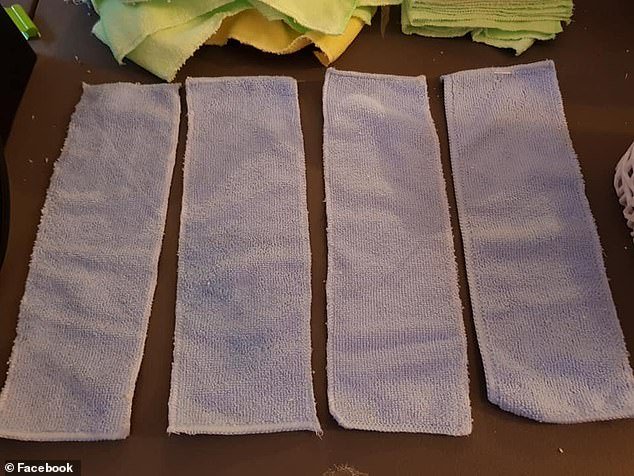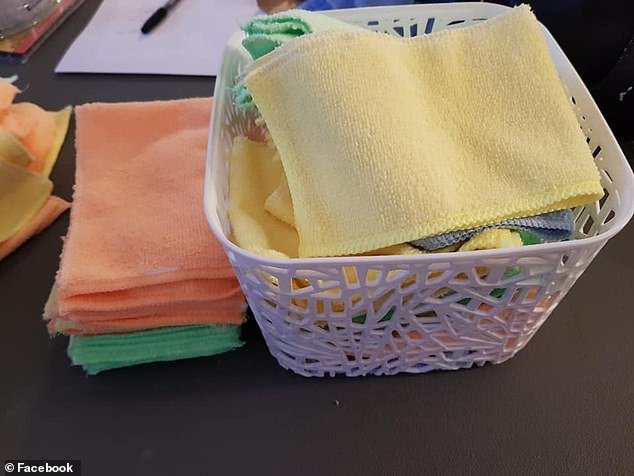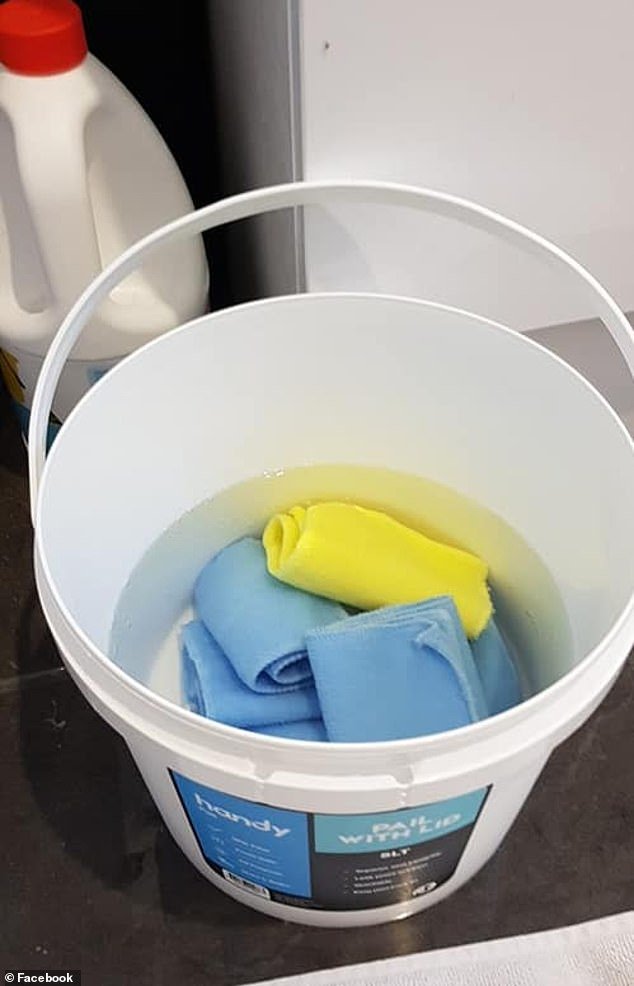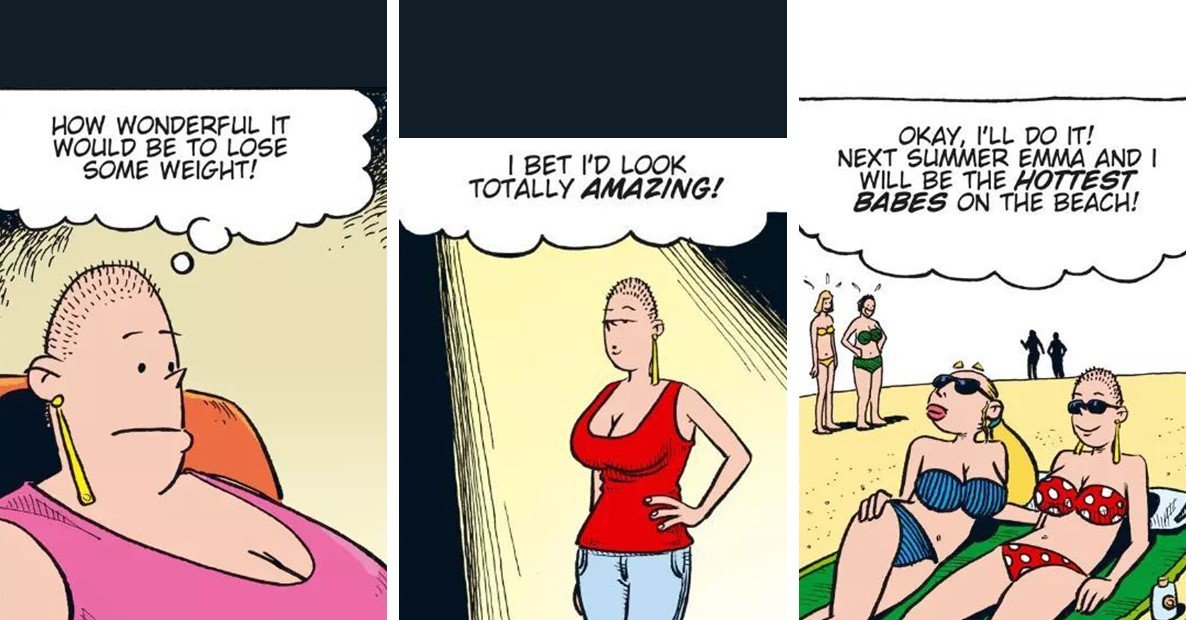What is the most horrifying situation you have found yourself into? Note: we're not taking this question seriously, but we're pretty sure you can still vividly remember that time when you're in the loo and only to notice the lack of tissue paper after you're done with your business. Nobody wants to ever be in that situation, but with the pandemic, now is such a perfect one to be that unfortunate.
A certain mother from Australia found herself close to that situation after she failed to acquire tissue rolls on her fourth visit to the grocery store. But she posted on Facebook that as she lives in a household of women, she still has an idea to counter this emergency.
These microfiber clothes are her answer to loo problem.

She visited the Bunnings and found her solution as she made 80 of these microfiber clothes. The woman also reveals that she spent only $19 on these reusable clothes.
"After use, they go straight into a bucket of bleach with a lid on it, which sits beside the toilet," she explains. When the bucket is full, they will be dumped as a separate load into the machine with Napisan.
"A pack of 20 microfibre cloths costs about $11.95 from Bunnings," the mother said.

She cuts 20 of the clothes in quarters and 'over-locked the raw edges' which means she gets 80 out of them all, spending only 15 cents each. In addition, the bucket from Bunnings cost $6.5.
What are the perks? It definitely took an emergency situation for her to act, but this way she can be environmentally-friendly as well as reduce flushing.
And her choice for microfiber is because it's softer and quicker to dry when cleaned.
People praised this mother for her creativity and quick-thinking!

She also encourages others to do the same: "If we could all do this, it would reduce the need for toilet paper, save us all money in the long run and be better for the environment."
Among the responses were some people who said they are doing the same with nappies and flannels.
Another responded, "Took us two weeks to find a 12 roll pack... I will probably be doing this next pay to stretch the rolls out. Sad what we have to resort to but will be good in the long run for the environment."





